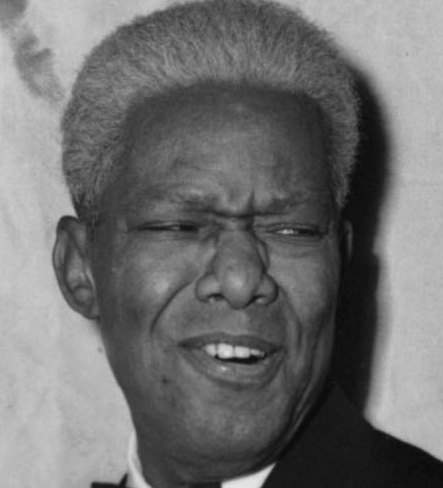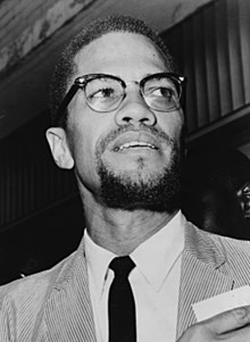Medgar Evers’ Murder on June 12, 1963: This Week in Black History

On June 12, 1963, Medgar Evers, a field secretary for the National Association for the Advancement of Colored People (NAACP), was assassinated in front of his home in Jackson, Mississippi. Evers had long been a target of racial violence due to his outspoken activism, but his death marked a pivotal moment in the Civil Rights Movement, drawing national attention to the violent resistance Black Americans faced in their fight for equality.
Evers was shot by Byron De La Beckwith, a member of the Ku Klux Klan, who opposed Evers’ efforts to desegregate schools and secure voting rights for African Americans. The assassination occurred at a time when racial tensions were particularly high in the South, as the struggle for civil rights was intensifying across the country.
At the time of his death, Evers was a well-known figure in the civil rights movement. He had worked tirelessly to challenge segregation, particularly in Mississippi, where Black citizens were systematically denied voting rights. Evers was also instrumental in organizing protests, supporting legal battles for civil rights, and advocating for equality in education.
Evers’ murder sent shockwaves throughout the nation, and it drew widespread condemnation. In the wake of the shooting, major civil rights leaders, including Dr. Martin Luther King Jr., called for action, and protests erupted in several cities. Evers’ death became a symbol of the violence faced by Black Americans who were fighting for their rights in the face of deep-seated racial hostility.
Despite the immediate national outrage, De La Beckwith was not convicted in 1964 due to a hung jury. The trial was marred by racial bias and an unwillingness to convict a white man for killing a prominent Black activist. It would take more than 30 years for De La Beckwith to be convicted of murder. In 1994, new evidence was brought to light, and public pressure led to his conviction, which finally brought a measure of justice for Evers and his family.
In the years following Evers’ death, his widow, Myrlie Evers, continued to advocate for civil rights and was eventually elected as the national chair of the NAACP. Her work carried on her husband’s legacy of fighting for racial equality and justice.
Evers’ murder and the subsequent trial were pivotal moments in the Civil Rights Movement, which eventually led to key legislative victories, including the Civil Rights Act of 1964 and the Voting Rights Act of 1965. The events surrounding Evers’ assassination and his family’s ongoing quest for justice highlighted the deep racial divides in the country and underscored the urgent need for reform.
Medgar Evers’ legacy remains central to understanding the struggles and challenges faced by African Americans in their fight for equal rights. His death, along with the trials that followed, highlighted the pervasive violence and resistance to racial equality, and it brought greater attention to the systemic racism that existed in the United States.
For more information on Black history, arts, and culture, visit www.caamuseum.org.





